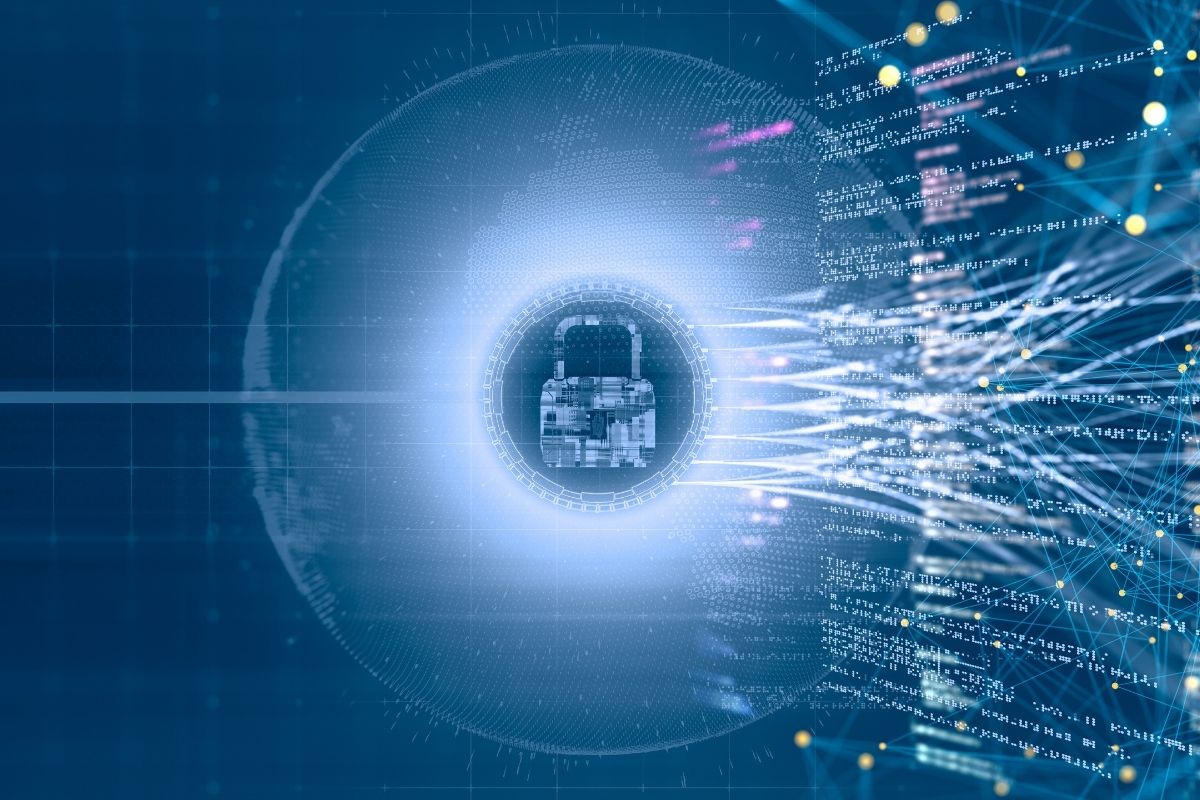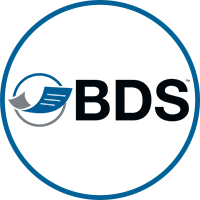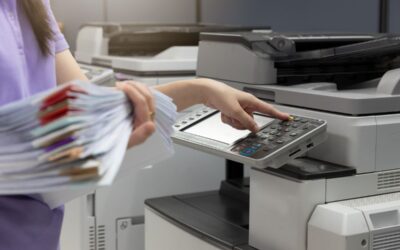When businesses think about cybersecurity, they often focus on firewalls, antivirus software, and securing employee devices. However, office copiers and multifunction printers (MFPs) are usually overlooked, despite being present in almost every workplace. They can become easy targets for data breaches and cyberattacks if not adequately secured.
This article will discuss why copier security is essential, what vulnerabilities exist, and how to safeguard your business effectively.
Why Copier Security is Important
Today’s copiers are more than machines; they’re complex devices with hard drives, memory, operating systems, and network capabilities. When employees scan, fax, print, or email documents, these machines process and can store sensitive data.
This means confidential information like financial statements, contracts, client records, and employee details can remain in the copier’s memory or be transmitted over the network if proper precautions aren’t taken. Unfortunately, hackers are recognizing this weakness. An unsecured copier can be a gateway for them to:
- Access stored data, such as scanned documents and print jobs.
- Breach the corporate network through unprotected connections.
- Steal login credentials or intercept print queues.
- Violate regulations like HIPAA, GDPR, or PCI DSS by exposing confidential information.
Keeping your copiers secure is crucial for protecting the integrity of your entire digital environment, not just the documents you print.
Common Copier Security Vulnerabilities
Recognizing potential security risks is essential for adequate protection. Here are some of the most common vulnerabilities associated with copiers and multifunction printers:
Stored Data on Hard Drives
Many copiers keep images of documents in their internal hard drives. If these devices are hacked, improperly disposed of, or returned at the end of a lease without proper data wiping, sensitive information could be exposed.
Unsecured Network Connections
Copiers connected to Wi-Fi or Ethernet networks pose risks as potential entry points for cybercriminals. These devices can allow unauthorized access to the broader corporate network without adequate security measures.
Unrestricted Access
When copiers can be accessed without authentication, anyone, including unauthorized individuals, can scan, fax, or print confidential information without tracking or accountability.
Unencrypted Data Transmission
Documents scanned and emailed or sent across the network without encryption are vulnerable to interception during transmission, putting sensitive data at risk.
Firmware Vulnerabilities
Copiers must receive regular software updates to fix vulnerabilities like any computing device. Failing to update firmware can leave them open to exploitation and unauthorized access.
Improper Disposal
When businesses return leased copiers or replace old models, failing to erase stored data can result in a massive data leak.
Best Practices for Copier Security
Securing your office copier doesn’t have to be complicated, but it does require planning. Here are key strategies to reduce risk:
Enable User Authentication
Require employees to use PIN codes, ID cards, or secure logins before printing, scanning, or copying. This prevents unauthorized use and creates accountability.
Use Secure Print Release
With secure print release, documents are only printed when the user is physically at the machine and authenticates. This prevents sensitive documents from sitting unattended in output trays.
Encrypt Data
Ensure the copier’s hard drive is encrypted, and that any data sent over the network (like scanned files emailed to someone) is protected with SSL/TLS encryption.
Regularly Update Firmware
Team up with your copier dealer or IT department to keep the device’s firmware current. This helps patch any vulnerabilities that hackers might exploit.
Implement Access Controls
Set up restrictions on copier functions based on job roles. For instance, only HR should be able to scan sensitive personnel files, while regular employees might just need access for printing.
Wipe Hard Drives Before Disposal
When you’re ready to return a leased copier or recycle an old one, ensure the hard drive is thoroughly erased or properly destroyed. Many dealers are happy to provide this essential service!
Monitor and Audit Usage
Take full advantage of the tracking and reporting features available on business-grade copiers! These tools can help you monitor usage effectively, spot any unusual activity, and keep your compliance logs current.
Integrate with IT Security Policies
Treat your copier as an essential part of your organization’s IT infrastructure. Like any other device connected to your network, it should be protected by firewalls, antivirus software, and intrusion detection systems. Make sure it fits within your overall cybersecurity strategy.
Copier Security and Compliance
For businesses in regulated industries, securing copiers is not just smart, it’s a legal necessity. For example:
- In healthcare, HIPAA regulations require constant protection of patient records. Even one leaked scan can lead to severe penalties.
- Financial institutions must comply with PCI DSS and GLBA rules, which mandate the protection of sensitive client data, including anything printed or scanned.
Failing to secure your copiers can result in hefty fines, legal trouble, and damage to your reputation. Prioritizing copier security is essential for safeguarding your business.
Working with a Reliable Copier Partner
Partnering with a dependable dealer or managed print services provider is essential to securing your copiers. At BDS, we know the ins and outs of ensuring your print environment is safe and compliant.
Here’s how we can help:
- We’ll set up secure authentication and encryption to protect your documents.
- Our team can implement monitoring and reporting tools for better oversight.
- We offer training for your employees in safe document handling practices.
- When upgrading or returning equipment, we ensure all data is properly erased.
- With our support, you can feel confident in the security of your printing operations.
By outsourcing copier security management to experts, businesses can focus on daily operations with peace of mind knowing their information is protected.
Remember, a copier isn’t just for making copies; it’s a gateway to your business data. Treat it with the same security as any other device on your network.






